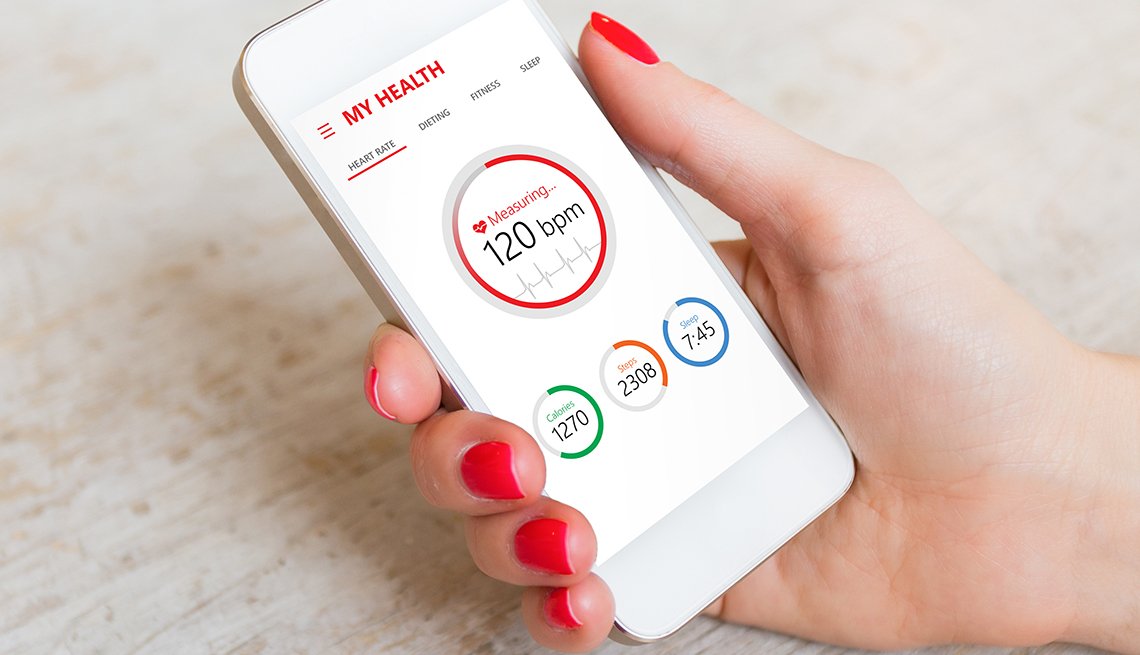Digital health innovations revolutionize the way healthcare providers deliver care and interact with patients. These advancements improve patient experiences, streamline operations, and enhance overall health outcomes. Let’s explore how digital health innovations are transforming patient care.

Telemedicine: Bridging the Gap
Telemedicine stands at the forefront of digital health innovations. It allows patients to consult healthcare professionals from the comfort of their homes, eliminating barriers to access. By using video conferencing tools, patients can receive diagnoses, treatment plans, and follow-up care without travelling to a clinic.
This convenience empowers patients, especially those in rural or underserved areas, to seek medical attention promptly. Moreover, telemedicine enhances the continuity of care, as patients can maintain regular check-ups with their healthcare providers easily. By embracing telemedicine, healthcare systems improve patient satisfaction and reduce the strain on physical facilities.
Mobile Health Applications
Mobile health applications, or mHealth apps, play a significant role in enhancing patient care. These apps allow patients to monitor their health, manage medications, and access educational resources at their fingertips. Users can track vital signs, symptoms, and medication schedules, enabling them to take an active role in their healthcare.
Additionally, healthcare providers can utilize mHealth apps to communicate directly with patients. This direct communication fosters better relationships, as patients feel more engaged and informed about their treatment plans. The convenience of these apps promotes adherence to medical advice, ultimately leading to improved health outcomes.
Wearable Health Technology
Wearable health technology has gained popularity in recent years, providing patients with continuous health monitoring. Devices like smartwatches and fitness trackers offer insights into heart rate, activity levels, and sleep patterns. This data empowers patients to make informed decisions about their health and wellness.
Healthcare providers also benefit from wearable technology, as they can collect real-time data on patients’ health metrics. This information allows for proactive interventions and personalized treatment plans, enhancing patient care. With wearables, patients can stay connected to their health, encouraging a more proactive approach to wellness.
Artificial Intelligence in Diagnosis
Artificial intelligence (AI) revolutionizes the way healthcare providers diagnose and treat patients. By analyzing vast amounts of data, AI algorithms can identify patterns and predict health risks. This technology enables healthcare professionals to make more accurate diagnoses and develop tailored treatment plans for their patients.
AI-driven tools also assist in medical imaging, allowing for quicker and more precise interpretations of scans. By reducing the potential for human error, AI enhances the quality of care and ensures that patients receive timely and appropriate treatment. As AI continues to evolve, its role in patient care will only grow.
Enhancing Patient Engagement
Digital health innovations prioritize patient engagement, recognizing its importance in successful healthcare delivery. Platforms that facilitate communication between patients and providers foster a sense of partnership in health management. Patients who feel involved in their care tend to adhere better to treatment plans, leading to improved outcomes.
Moreover, educational resources provided through digital platforms empower patients to make informed decisions. By offering access to information about conditions, treatments, and lifestyle changes, healthcare providers encourage proactive health management. This shift towards patient-centred care enhances the overall healthcare experience.
Streamlining Administrative Processes
Digital health innovations not only improve patient care but also streamline administrative processes. Electronic health records (EHRs) allow for efficient documentation and sharing of patient information among healthcare providers. This seamless exchange of data reduces paperwork and minimizes the chances of errors.
Additionally, online scheduling and billing systems enhance the patient experience by simplifying appointment management. Patients can easily book appointments, receive reminders, and process payments without hassle. By embracing these digital solutions, healthcare organizations increase operational efficiency while improving patient satisfaction.
Medical Assurance and Online Entertainment
Medassureservices.com offers medical assurance and related services. For those seeking alternative online experiences, explore more at wolfwinner online casino. Discover a new world of online fun.
Conclusion: The Future of Patient Care
In conclusion, health technology advancements transform patient care in numerous ways. From telemedicine and mobile health applications to wearable technology and AI, these advancements enhance accessibility, engagement, and quality of care. As the healthcare landscape continues to evolve, embracing these innovations will be crucial in delivering better outcomes for patients.




